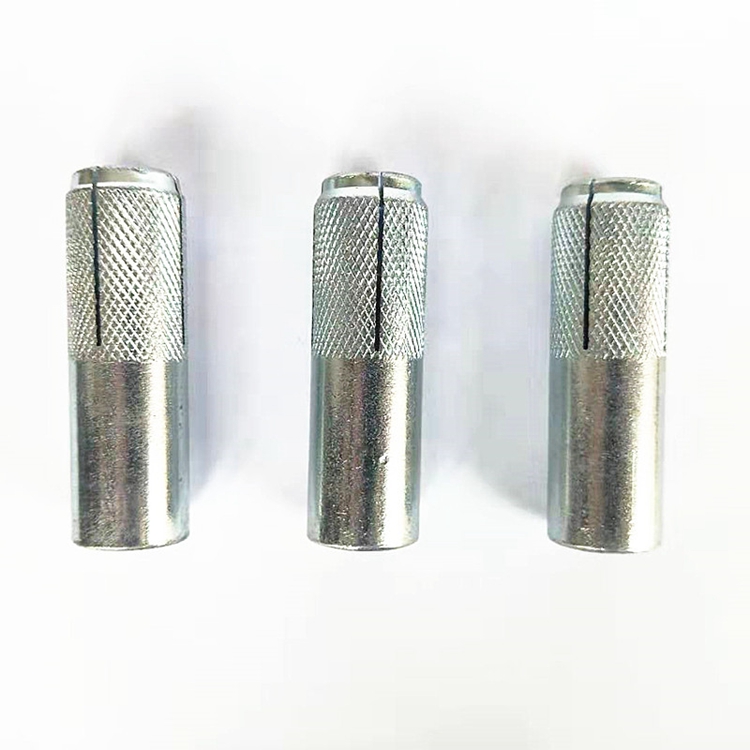fully threaded bolts
Sep . 09, 2024 11:14 Back to list
fully threaded bolts
Understanding Fully Threaded Bolts A Comprehensive Guide
Fully threaded bolts are essential fasteners used across various industries, renowned for their versatility and strength. Unlike partially threaded bolts, which have a smooth shank portion, fully threaded bolts feature threads that extend from the head to the end of the bolt. This design offers several advantages, making them a preferred choice in numerous applications.
One of the primary benefits of fully threaded bolts is their ability to provide a secure grip along the entire length of the bolt. This characteristic allows for better stress distribution and increases the surface area in contact with the materials being fastened. As a result, fully threaded bolts can effectively resist shear and tensile forces, making them ideal for applications that require high strength and reliability.
Another significant advantage is their ease of installation. The continuous threads ensure that the bolt can be quickly and easily inserted into the materials, reducing assembly time. This efficiency is crucial in industries such as automotive and construction, where time and labor costs directly impact overall productivity. Moreover, fully threaded bolts can be cut to various lengths, allowing them to be customized for different applications.
fully threaded bolts

Fully threaded bolts also offer more flexibility for various load-bearing applications. They can be used in scenarios where components may shift or expand due to thermal changes. The ability to use washers and nuts on both ends of the bolt means that even when materials shift, the connection remains secure. This adaptability makes them suitable for applications ranging from machinery assembly to structural frameworks.
Additionally, fully threaded bolts come in a variety of materials, including carbon steel, stainless steel, and alloy steel, each offering different strength levels and corrosion resistance. This selection allows engineers and builders to choose the appropriate material based on the specific requirements of their projects, whether in outdoor environments or in situations subject to high levels of wear and tear.
However, it is essential to consider the proper torque specifications when using fully threaded bolts. Over-tightening can lead to thread stripping or bolt failure, while insufficient tightening can cause the joint to loosen. Therefore, following manufacturer guidelines and utilizing appropriate tools is critical to ensuring the integrity and safety of the assembly.
In conclusion, fully threaded bolts are a crucial component in many engineering and construction applications. Their design provides superior grip, ease of installation, and adaptability to various conditions, making them a go-to fastener for professionals. By understanding their benefits and best practices for use, one can significantly improve the efficiency and safety of their projects. Whether you are a DIY enthusiast or a seasoned engineer, incorporating fully threaded bolts into your toolkit will undoubtedly enhance your fastening solutions.
Latest news
-
High-Quality Panel Stud Bolt Reliable Panel Stud Bolt Factory & Suppliers
NewsJul.08,2025
-
High-Precision Fine Thread Locknuts Manufacturer & Supplier Custom Solutions
NewsJul.08,2025
-
PH Imperial Stud Bolt – High Strength Fasteners from Leading Supplier & Factory
NewsJul.07,2025
-
High-Quality Allen Wrench Bolts Leading Factory, Company & Suppliers
NewsJul.07,2025
-
Wholesale Ball Stud Bolt - High Quality Supplier & Factory Price Reliable Wholesale Ball Stud Bolt Company
NewsJul.06,2025
-
High-Strength Alloy Bolts Manufacturer & Supplier Quality Alloy Fasteners Factory
NewsJul.06,2025
